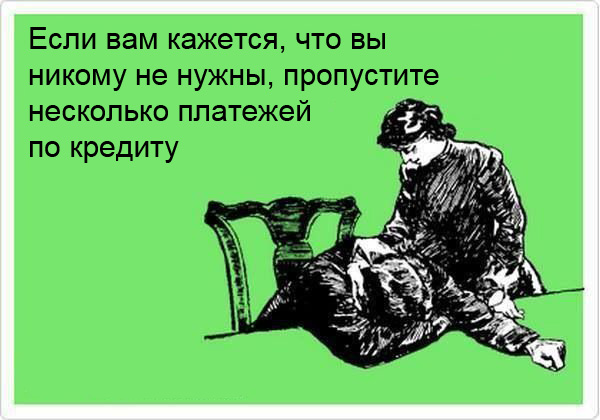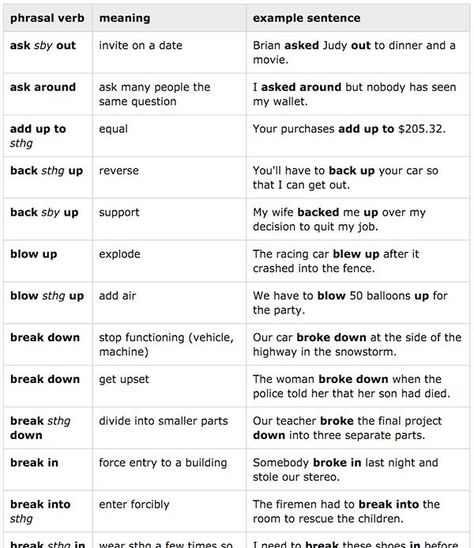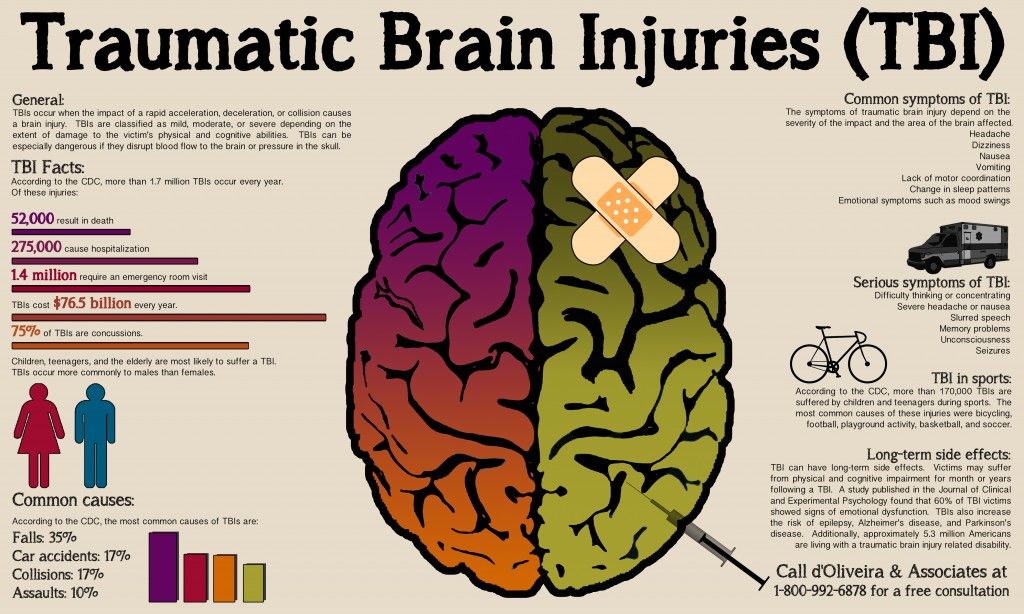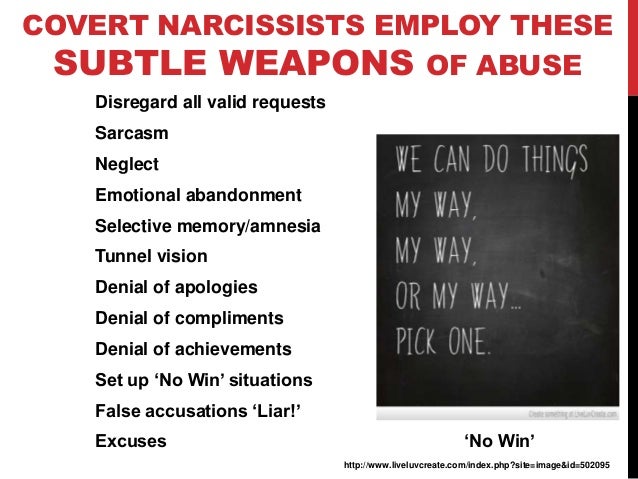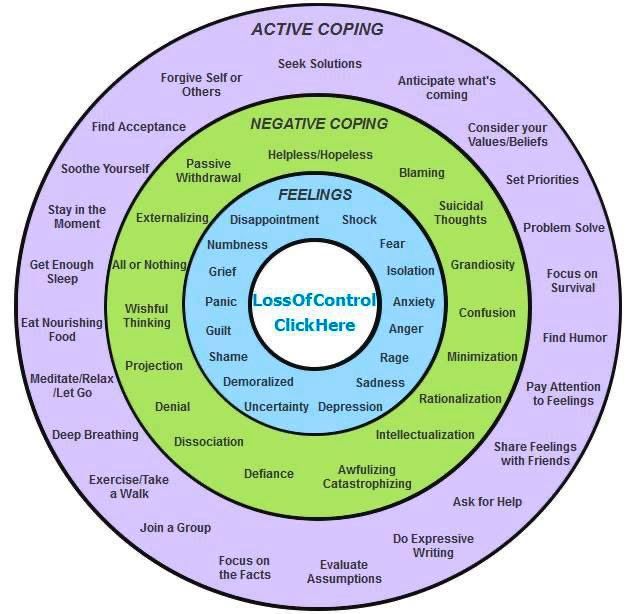My true self
6 Steps to Discover Your True Self
To discover your true self is the most important skill you can possess. When you know who you are, you know what you need to do instead of looking for permission from others. It allows you to bypass tons of frustration caused by putting time into the wrong things. Yes, life is supposed to be full of trial and error, but this lets you find the best areas for you to experiment with. Once you know yourself, you will become more confident, you will understand your purpose, and you will begin making a bigger impact on the world.
So how can you know who you are and what you ought to do in life? Here are the six steps you need to take in order to know your true self:
1. Be quiet.
You cannot and will not be able to discover yourself until you take the time to be still. Many people don’t know themselves because any sort of silence scares them; it’s too uncomfortable to be alone with every flaw staring back at them. But it isn’t until you get alone, evaluate yourself and are completely truthful with yourself that you will actually be able to see every facet of your life—the good and the bad.
Be quiet and discover your true self.
2. Realize who you truly are, not who you want to be.
I know you already have a set idea of who you desperately want to be, but it might not be who you were designed to be. When you know who you are, you will finally see where you and your specific gifts fit into the bigger picture.
And although there are many points along your journey to help you discover yourself, the best way to begin is to take a personality test and the StrengthsFinder test. (If it’s been five or more years since you’ve completed either of these, take them again.) No, these self-evaluations aren’t perfect, but they do pinpoint your top areas of strengths, so you can focus on the change you were meant to bring into the world.
3. Find what you are good at (and not good at).
This might be the most difficult step in discovering who you truly are, but it’s a necessary one. Sure, it takes trial and error to find what you’re good at, and no, I don’t want you to give up before you’ve had more than enough attempts, but knowing when to quit is a gift that everyone needs to learn.
Quit when you’ve put in ample time and your efforts aren’t giving back. What is ample time? Only you can decide that. But when you quit correctly, it isn’t giving up, it’s making room for something better. When your actions do nothing but drain you—rather than produce more passion and increase your drive to do more—that’s a good sign it is time to focus elsewhere. Your strengths will show you who you are.
4. Find what you are passionate about.
Following passion of any kind is a good thing, and you need to pay attention when it comes because it shows an area of life that you need to pay more attention to. If we’re talking about following your passion in work, it’s a good thing. And if we’re talking about having more passion for life, it’s a good thing. Focus more on passion; understand yourself in better ways, and you’ll make a bigger impact. Passion produces effort and continuous effort produces results, which produces a deeper discovery of your true self.
5.
 Ask for feedback.
Ask for feedback.If you don’t know yourself, hearing what others have to say about you is a helpful practice. Ask them two simple questions: “What strengths do you think I need to develop further?” and “What weaknesses do you think I need to work on?” Of course, their opinion isn’t going to be perfect, but their feedback will probably indicate a few areas you should at least take a second look at. This step is especially important for those who are stuck in finding themselves. Sometimes those closest to us can see something we might not be able to see in ourselves.
6. Assess your relationships.
A large aspect of discovering yourself can be found in your relationships. When you realize you’ll never truly know anyone else until you discover yourself, the importance of knowing yourself becomes even more apparent. This truth especially rings true for business leaders, because if you don’t know the people on your team, then you will be lost as a leader. But this rule also applies to any relationship in your life.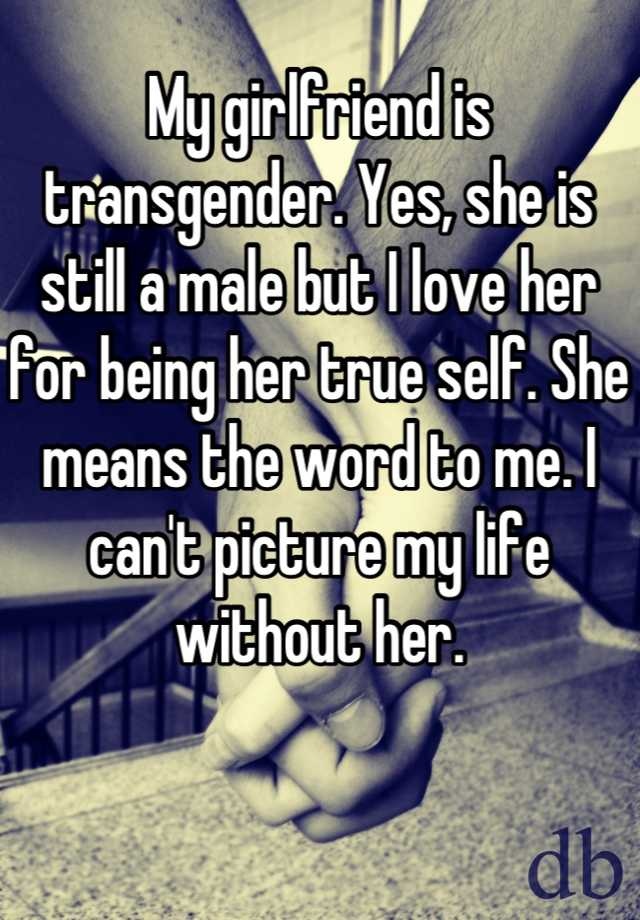 Almost as much as you need to know yourself, other people also need to know who you are. People need you—the real you.
Almost as much as you need to know yourself, other people also need to know who you are. People need you—the real you.
Use your reflections to fight your biggest fears, because when you understand who you are, your purpose will finally become bigger than your fears. When you realize who you are, you will spend less time spinning your wheels. Focusing on your strengths gives you the needed traction to make a bigger and better difference in the world. When you know yourself, you will find more peace, and you will find success quicker than ever before.
Now go take action and find your true self, starting today.
Photo by @the_brookedavis/Twenty20
Adam Smith
Articles
Adam Smith is the author of the book, The Bravest You. He is an entrepreneur, consultant, and speaker. You can find out more about Adam at asmithblog.com.
An ultimate guide to finding your true self in this world
Have you ever met someone and thought, “That person knows exactly who they are”? They’re confident, decisive and passionate. They have an unstoppable belief in themselves and their vision for the world. They have not only connected with their authentic selves, they have fully embraced them.
They have an unstoppable belief in themselves and their vision for the world. They have not only connected with their authentic selves, they have fully embraced them.
You can also experience this sense of fulfillment – but first you must learn how to find yourself.
Are you thinking, “Finding myself seems like a lot of work”? It is. Creating a life that is fulfilling, purposeful and passionate is no accident. It takes work. And it starts with unlocking the secrets to how to find your true self. Then you can design a life that is in line with your personal destiny.
Learn how to find your true self at Date with Destiny event
Click Here
1. Reflect on your story
All of our actions and decisions reflect the story we tell ourselves – the beliefs we’ve formed beginning in childhood, when we wanted to earn the love of our caretakers. The events and experiences of our lives since then, as well as our knowledge about the world, influence our story into adulthood.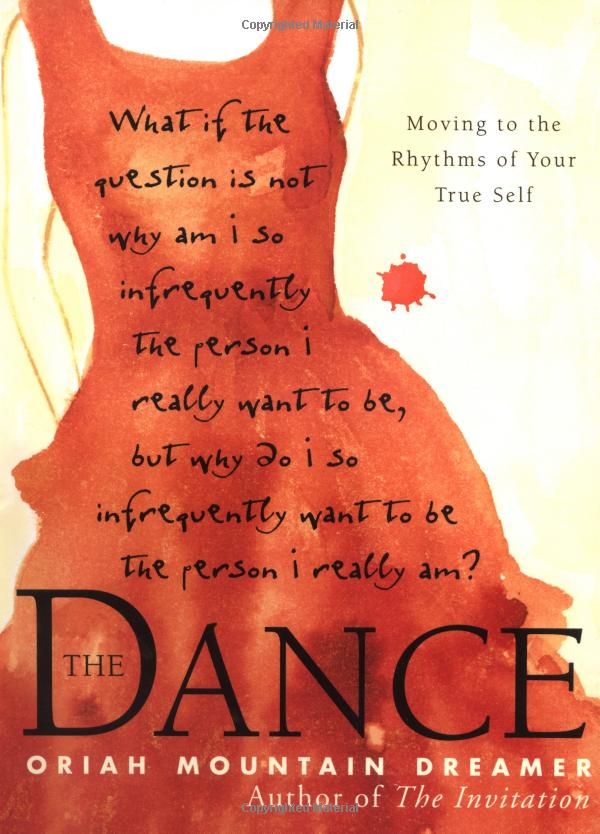
If you’re interested in finding yourself, reflection is the first step. Use a journal to record how you became the person you are today. Begin a meditation practice to quiet your mind and dig deeper into who you really are. Releasing your emotions has a cathartic effect that will start you on your journey toward understanding how to find yourself.
2. Determine your values
Don’t make the mistake of believing your past is your story. As Tony tells us, “Everybody’s got a past. The past does not equal the future unless you live there.” While it’s helpful to reflect on your past in order to discover how you’ve formed the beliefs you have today, learning how to find yourself is about growth and forward movement.
No matter what happened in your past, it’s up to you to determine your values. Our values are our guiding light in the world, yet so many of us don’t know our own values. We have an idea in our head of who we “should” be – but this idea of ourselves comes from limiting beliefs that are formed as a result of others’ opinions, not our own. You can change your values. You can be whatever you desire, as long as you believe in yourself.
You can change your values. You can be whatever you desire, as long as you believe in yourself.
3. Silence your negative self-talk
As you reflect on your story and begin to determine your values, you’ll naturally tune in to your self-talk. Perhaps you’ve noticed it before – but have you ever questioned it? Is your self-talk positive or negative, empowering or disempowering? Does it encourage you to get out of your comfort zone or keep you living in fear?
If you’re saying to yourself, “How can I possibly focus on finding myself?” then it’s time to silence your inner critic. Examine your thoughts as if you are your own best friend – you’d probably never let your friends talk to themselves that way. Once you recognize damaging thoughts, replace them with empowering ones that push you toward your goals instead of holding you back.
4. Discover your strengths
When you go through life living up to others’ expectations and allowing negative self-talk to bring you down, it’s impossible to know how to find your true self. When you begin the journey to finding yourself, discovering your strengths can be the most exciting part.
When you begin the journey to finding yourself, discovering your strengths can be the most exciting part.
To start the process, think back on the last time you felt like you were in your element. Were you writing, singing, playing a sport, connecting with someone on a deep level, fixing things around the house or volunteering? This feeling of happiness and purpose is a sign of your strengths. Once you’ve identified your strengths, you can leverage them – along with your values – to create an extraordinary life.
5. Recognize what doesn’t serve you
Still thinking, “Finding myself seems impossible”? If you’re still struggling to find yourself, you need to reveal who you are as an individual. To do that, you need to free yourself from patterns and relationships that don’t serve you.
The human brain craves patterns because they conserve energy. When we fall into patterns, the brain doesn’t have to make decisions about certain actions and behaviors. Patterns can be extremely damaging, but once you recognize them, you can build better habits that serve you.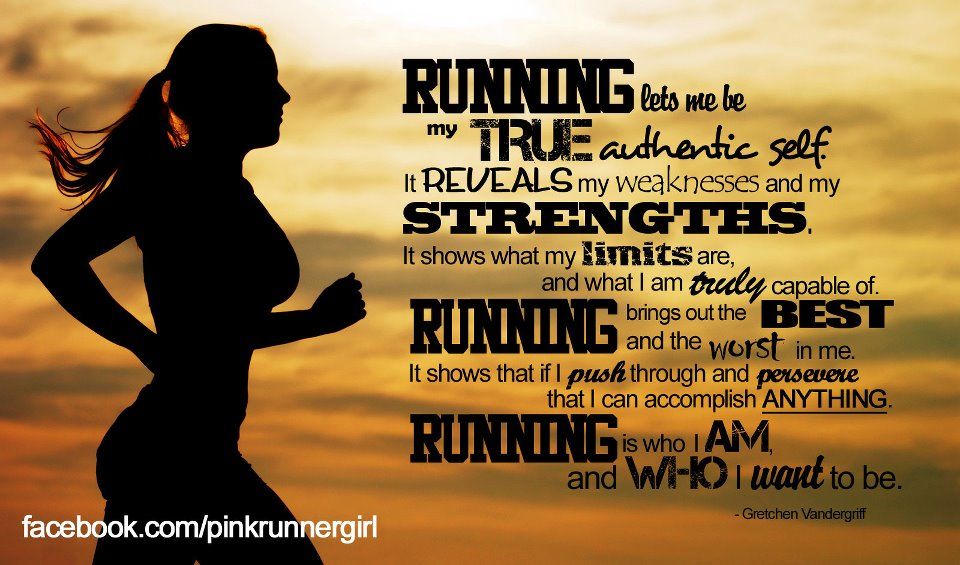
Even more difficult than changing your habits is recognizing the relationships that don’t serve you. But you must let them go. Instead, surround yourself with people who allow you to be your best self, with no inhibitions. People who encourage you to aim higher, achieve more and reach your peak state. Anything less, and you will always wonder how to find yourself – and never find out.
Ready to discover how to find yourself?
To find yourself, you need to look deep within. At Date With Destiny, you’ll uncover what drives you and learn how to use it to create a fulfilling life.
Sign up today
Want to achieve real results NOW? Fill in the form below to schedule your FREE 30-minute session with your Tony Robbins Results Coaching Strategist.
By entering your information on the Tony Robbins website, you agree that we may collect and use your personal information for marketing, and for other purposes, as set forth in our Privacy Policy, which we encourage you to review.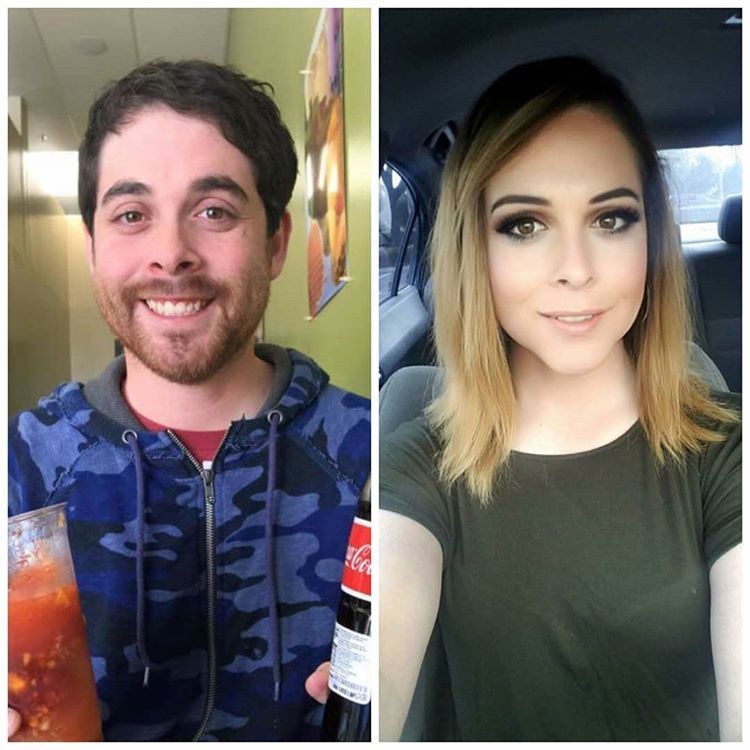
This website uses cookies to personalize your experience and target advertising.. By continuing to use our website, you accept the terms of our updated policies
10 Questions You Must Ask Yourself to Find Your True Self: bdsmn — LiveJournal
A detailed guide to discovering yourself; These are questions everyone should ask themselves. There is nothing purer than the path to discovering the true meaning of life, the purpose of existence and a close connection with oneself.
Through self-discovery, a person becomes closer to the realization of his true dreams and desires, because he begins to understand the value of each goal.
Below is a list of ten questions that everyone should ask themselves in order to find their true self.
1. What do I like most about myself?
Perhaps the most important goal in life should be to achieve peace of mind, but this is not possible unless you accept yourself the way you are. That is why the first question should be: “What do I love and appreciate about myself most of all?” By making a rough list of what you like about yourself, you will begin the process of self-acceptance.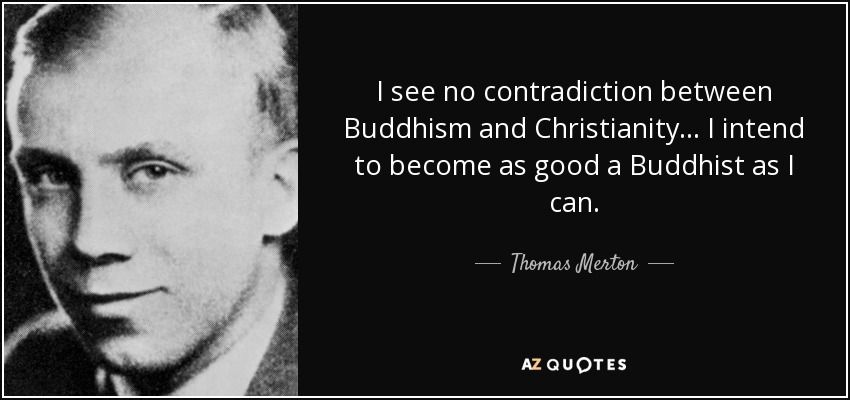
2. In what areas of my life would I like to see change?
It is just as important and necessary as understanding your positive aspects to ask yourself: “In what aspects of my life do I want to see changes affecting me?” It helps to improve yourself as a person by working with the negative sides.
3. What are my fears?
Confronting fears is an important step. Conquering fear and insecurity is possible only when you acknowledge that these fears exist. So the next question you need to ask yourself is: What are my fears? What is holding me back?
"Fear is only as deep as the mind allows." – Ralph Waldo Emerson
4. What am I grateful for?
Gratitude is one of the most important human virtues. In order to understand and appreciate all that has value and for which you should be grateful, you must ask yourself: “At this stage of my life, what good things and what wonderful people should I be grateful for?” This will allow you to understand which people matter most to you, but most importantly, who was there for you during times of despair.
5. Am I happy with what I am doing now?
Another fateful question that everyone should ask themselves from time to time is whether they are actually happy with what they are currently doing. Is this really what you would like to do, or are you just following the instructions of those who dictate to you how life should be? If the answer is no, then you should be asking yourself what can be done to change this.
6. What are the most important things I have learned in my life?
Another question that is very helpful when asked regularly is: "At this point in my life, what are the most important things I have learned?" Which of the lessons was life-changing and what changes have you made - positive and negative - in your life based on these lessons?
7. Who inspires me the most and what exactly inspires me in them?
A very important question to ask yourself: “Who inspires me the most and what exactly in this person inspires me?” This will give you an important understanding of what exactly you need, what you need to work on, and what personal changes you need to make in order to achieve these goals.
"We must let go of the life we have planned in order to embrace the one that is waiting for us." – Joseph Campbell
8. How important is money to me?
“How important is money to me?” This is a very important question because it not only defines your goals in life, but also helps you figure out exactly what your priorities are and whether you are putting your time and resources into what is most important to you. In case money is not a priority, then the question becomes what exactly is your current priority and what do you need to do to get there.
9. Where do I see myself in 5, 10 and 20 years?
“Where do I see myself in 5, 10 and 20 years?” Only when you recognize your goals as realistic and achievable in a way consistent with your duties and responsibilities to your family can you work towards them to your maximum potential and dedicate yourself fully to whatever you want.
10. What do I believe?
“Do I believe in God? What does God represent in my life? Identification with religion, no matter where you were born, determines your moral principles in life and reflects what exactly you consider to be good and wrong. A person who believes in God seeks security and also does everything in a conscientious manner on which he can build a range of values and strives for a life with the fewest regrets. Faith in God shows that such people need responsibility to match someone who checks their actions.
A person who believes in God seeks security and also does everything in a conscientious manner on which he can build a range of values and strives for a life with the fewest regrets. Faith in God shows that such people need responsibility to match someone who checks their actions.
The above questions are a kind of guide to identifying your true self and defining your goals and objectives. They will also help you prioritize (who and what matters most in your life) and, therefore, properly distribute your attention.
Source
True Self, Higher Self - Psychologos
Film "Mephisto"
Film "University of Practical Psychology"
The True Self is the main, highest, real Self of our many existing Selves.
In order to determine some kind of one's true Self, one must first have a choice, to have some kind of Self. What do people consider to be their Self? How do people determine which Self is important or true for them?
- Observing who in fact predominantly rules all the other selves.
 Then the True Self is the name of the inner master and head of the inner world of a person. The True Self is the author of the actions and deeds of the individual, the internal source of thoughts, decisions, actions, will.
Then the True Self is the name of the inner master and head of the inner world of a person. The True Self is the author of the actions and deeds of the individual, the internal source of thoughts, decisions, actions, will. - Appointing some I as the main one, making him at least a formal leader.
- Composing that the main thing in them is I am. Sometimes this essay is a glitch, sometimes the truth, sometimes it is a productive project that creates the truth.
Common understandings of the True Self
"Real Self" has several common, very different understandings. Often "True Self" is understood as "the biological nature of humanity" according to A. Maslow, the most innate and not acquired in any way. See about it here
"Humanity is too plastic and fragile, easily changeable and destroyable phenomenon, that intrusion into the process of rehumanization and the desire to roughly influence the individual characteristics of a person can give rise to all sorts of subtle, almost imperceptible forms of pathology.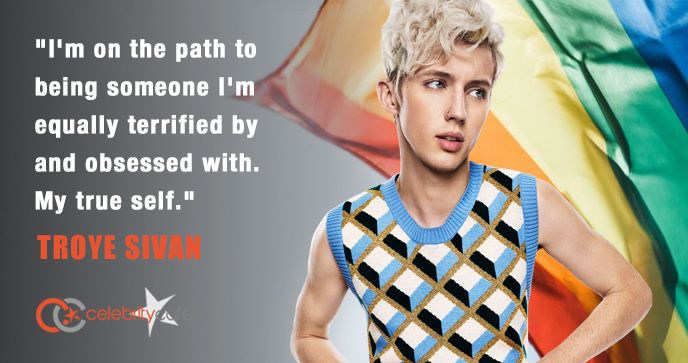 This understanding, in turn , will set before us the very delicate task of finding and revealing the character, constitution, hidden inclinations of each individual, so that the individual can grow and develop in his own style, individual and unique.This approach will require psychologists to pay much more attention to those subtle psychological and physiological disorders, to those sufferings that a person pays for denying and forgetting his true nature and which are sometimes not realized by him and escape the attention of specialists. This, in turn, means a much more accurate, and at the same time, a wider use of the term "correct development, dissemination its application to all age categories". (A. Maslow, Motivation and Personality).
This understanding, in turn , will set before us the very delicate task of finding and revealing the character, constitution, hidden inclinations of each individual, so that the individual can grow and develop in his own style, individual and unique.This approach will require psychologists to pay much more attention to those subtle psychological and physiological disorders, to those sufferings that a person pays for denying and forgetting his true nature and which are sometimes not realized by him and escape the attention of specialists. This, in turn, means a much more accurate, and at the same time, a wider use of the term "correct development, dissemination its application to all age categories". (A. Maslow, Motivation and Personality).
and here
"In my opinion, man has only very weak rudiments of instincts, which should not even be called instincts in the true, animal, sense of the word. These rudiments, these instinctoid tendencies are so weak that they cannot resist culture and learning - the latter factors are much stronger and more powerful. Psychoanalysis and other forms of revealing therapy, even the same "search for oneself", perform a very difficult, very delicate task of releasing instinctoid tendencies, releasing a weakly marked essential nature of a person from under the load of external layers formed by learning, habits and cultural influences.Man has a biological essence, but this essence is very weak and indecisive: special methods are needed to discover it.Man has to seek and discover in himself - individually and subjectively - his animal nature, his biological humanity .Human nature is extremely malleable, under malleable in the sense that culture and environment, with slight negligence, oppress or even kill our inherent genetic potential, but they are not able to generate or strengthen it. (A. Maslow, Motivation and Personality).
Psychoanalysis and other forms of revealing therapy, even the same "search for oneself", perform a very difficult, very delicate task of releasing instinctoid tendencies, releasing a weakly marked essential nature of a person from under the load of external layers formed by learning, habits and cultural influences.Man has a biological essence, but this essence is very weak and indecisive: special methods are needed to discover it.Man has to seek and discover in himself - individually and subjectively - his animal nature, his biological humanity .Human nature is extremely malleable, under malleable in the sense that culture and environment, with slight negligence, oppress or even kill our inherent genetic potential, but they are not able to generate or strengthen it. (A. Maslow, Motivation and Personality).
- "Real Self" as a destination.
- "True I" as what I want, I want myself.
- "True I" as the core of personality. See True Self and Core Personality
- "True I" - as the center that observes the surrounding Body, emotions and mind.

